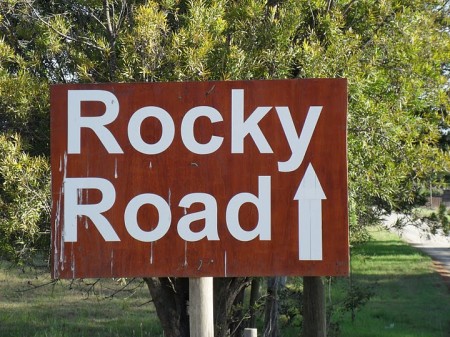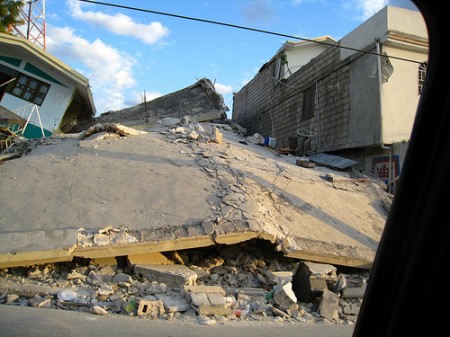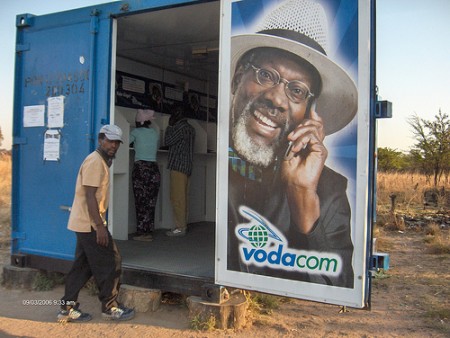
Intellectual property rights (IPR) were originally created to promote the advancement of science and the arts.
But does today’s IPR system serve the public good?
Our weekly theme this week tries to bring out the intense polarization of the debate over the purpose and usefulness of today’s intellectual property rights system.
Professor Ian Angell from the LSE provides an Analysis of the current state of IPR, arguing that IP legislation has become highly protectionist, stifles innovation and hinders free market competition.
In our podcast interview, patent attorney John Moetteli counters Angell’s main argument and explains how the patent system indeed encourages innovation in a competitive, capitalist system.
Security Watch articles about ‘green’ technology patents, the futility of digital rights management and much more.
Publications housed in our Digital Library, including analyses of IP-related issues in international trade agreements.
Primary Resources, including the WTO TRIPS Agreement.
Links to relevant websites, among them a database that provides access to national copyright and related rights legislation of UNESCO member states.
Our IR Directory with relevant organizations, such as the World Intellectual Property Organization (WIPO).




